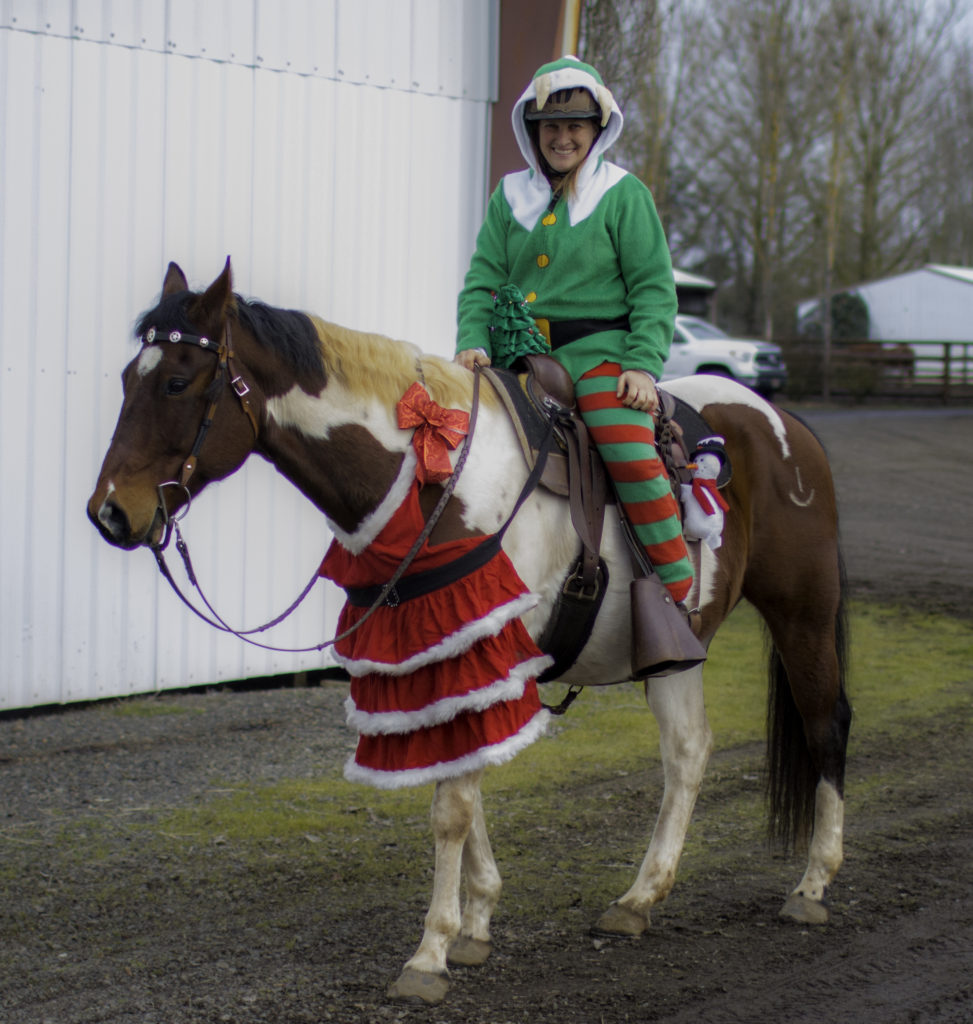
Since Konrad Lorenz, or perhaps even earlier, anthropomorphism has been viewed as a cardinal sin of ethology. And in the past few decades, this attitude has become ever more prevalent among knowledgeable pet trainers and owners.
In many ways this is absolutely correct: we should never presumptively attribute human thoughts, emotions, and motives to animals.
However, it does not follow that it is wrong to attribute any thoughts, emotions, and motivations. In fact, every bit as fallacious as attributing certain emotions to animals is presumptively denying emotions to animals. (BTW, while it is seriously out of date, Darwin’s “The Expression of the Emotions in Man and Animals” remains well worth reading.)
It absolutely is beneficial and desirable to attempt to understand the emotions, motivations, and perspectives of any animal with whom you have a relationship. Personally, I would argue that this is one of the very best and highest gifts we receive from spending time with animals, so long as a few conditions are met:
- Do not assume or imagine that any other animal sees the world the same way you do. Your job is to constantly try to understand the animal’s perspective. Think about their evolution, their desires, their senses, their physical abilities, their experiences, and do your very best to imagine how the world looks and seems from that perspective.
- Maintain a consciousness of what you “know” versus what you “believe.” Very rarely can you know much about an animal’s emotions or motivations—you are far likelier to know their behaviors and their behavioral trends. From these, you can carefully hypothesize or speculate as to their emotions, and can often formulate a fairly solid and predictive sense of how they “feel.”

While anthropomorphism is problematic, far more sinister is its close cousin: sentimentalism. There are few things more destructive to real understanding of animals than infantilizing them, treating them like human babies or Disney characters, imbuing them with human morality or lovey-dovey treacle. Overfeeding a pet because they really want treats and you really want them to love you is not kindness. Giving them autonomous legal status or imaginary rights is deluded and self-serving. Expecting them not to do certain things because they ought to innately “know better” is absurd. Animals are amazing, not as vessels for our fantasies, but on their own authentic merits. The deepest, most loving and real relationship you can have with an animal is one based on honesty and truth–based on genuinely seeing them as who and what they are, and building bridges between that and yourself.
